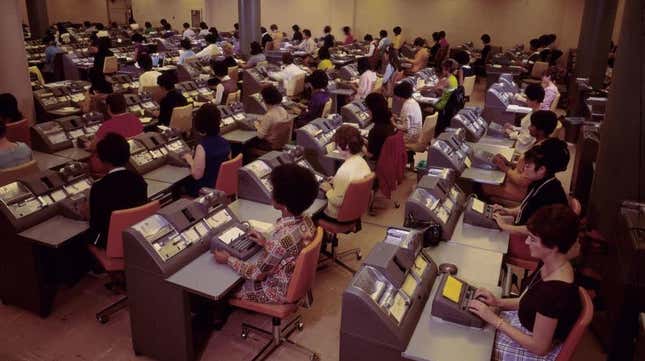Women Have Been Hit Hardest by Coronavirus-Related Unemployment
Latest

In April, it was believed that women were going to be hit hardest by the layoffs resulting from circumstances related to covid-19, the disease caused by the novel coronavirus. At the time, the hospitality industry, restaurants, and retail stores were being most heavily impacted by coronavirus related closures, a reality that has only continued to proliferate since. Consequently, those industries, in addition to other service-related fields, and education, have been those most plagued by layoffs, the majority of which have impacted women, confirming the predictions from April.
Although for the majority of the pandemic women have made up the largest section of the workforce on the front lines, according to a report from The Wall Street Journal, this heightened presence in the workforce, in addition to much of the work happening in service-related industries, has also made them more vulnerable to layoffs.
-

-

-

-

-

-

-

-

-

-

-

-

-

-

-

-

-

-

-

-

-

-

-

-

-

-

-

-

-

-

-

-

-

-

-

-

-

-

-

-








































